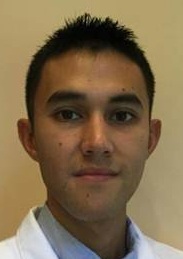Instructor: Kyle Hull
The field of Communication is diverse and multidisciplinary, covering everything from mass media effects to the psychological role of emotion in human relationships. Whatever your area of interest, we are all connected by one common bond – the need to understand, interpret, evaluate, and ultimately conduct research. This course looks at the role of research in the field of communication, and provides students with a better understanding of the fundamental components of the research process.
Honors students in this course will learn the same material as students in the standard course, but will have more opportunities for engagement with the material, as well as a hands-on learning experience with data collection and analysis. The primary avenue for interactivity will be a semester-long, collaborative research project, which involves designing and conducting a research study, and culminates with a final paper and presentation. This unique opportunity will allow the students to utilize concepts and theories from other communication courses, as well as contribute to the existing literature. Though the project will be supervised by the instructors, students will be afforded the opportunity to explore areas of communication within their own interests. By the end of the course, students should be properly prepared for future academic endeavors, namely the honors thesis.
Generally, we will examine the scientific method, the concept of intersubjectivity and truth in research, the differences between quantitative and qualitative methodologies, the nuts and bolts of quantitative research design, and the key elements of any research study. In the process, students will gain a much broader understanding of the field of Communication, and the kind of work they would undertake when pursuing an academic career in Communication, or a research-oriented career in industry.
Course objectives: By the end of this course students should be able to
- evaluate scientific research in terms of measurement, design, sampling technique, method, and analysis.
- analyze numerical data using appropriate statistical procedures.
- conduct a basic scientific research project, which includes properly formulating and testing hypotheses, applying appropriate research design, analyzing data, and arriving at and supporting their conclusions.
